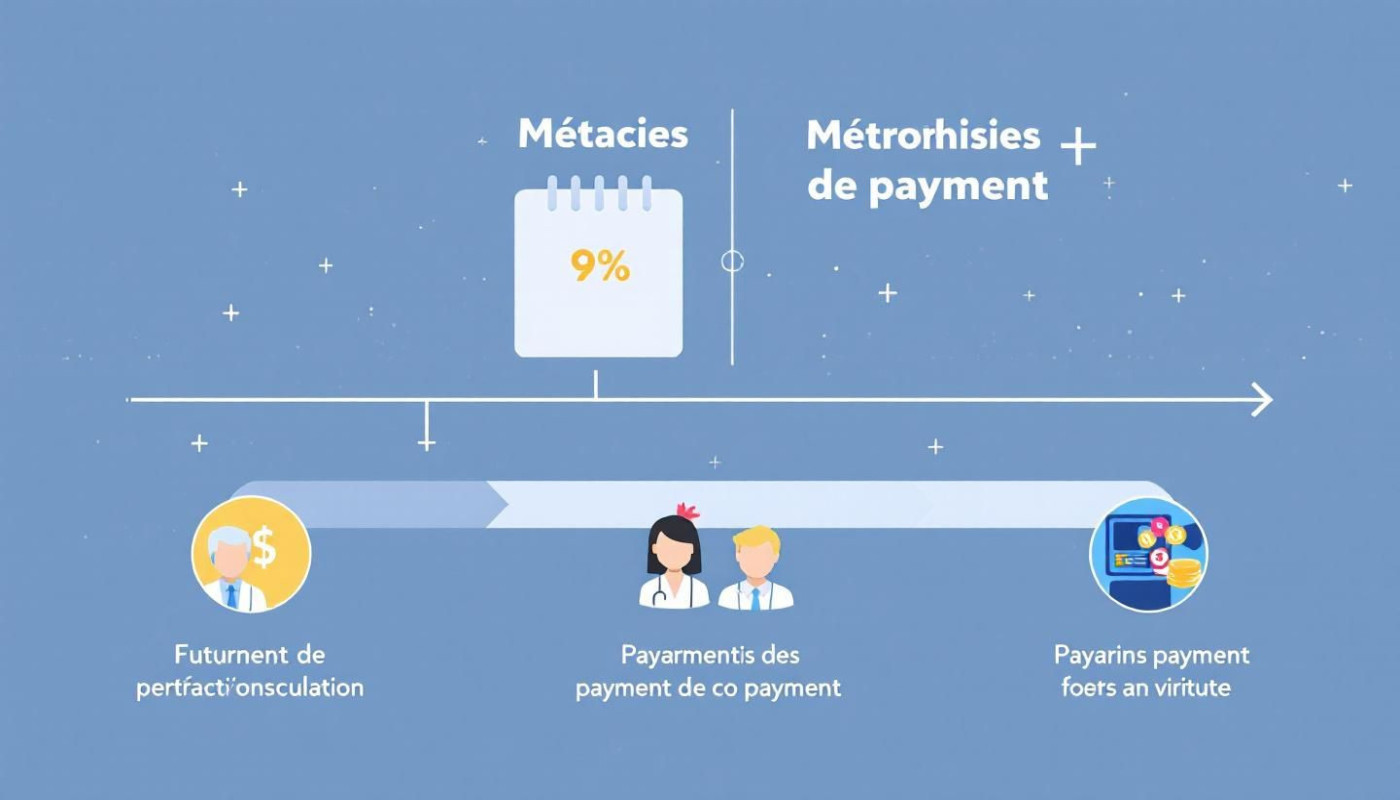Table of contents
The digital landscape has dramatically transformed various industries, and the realm of gaming is no exception. The ever-evolving legislation surrounding Canadian online casinos has created a dynamic environment that both players and providers must navigate with care. As one delves into the intricacies of these regulations, a complex tapestry of national and provincial laws begins to unfold. This exploration will shed light on the significant milestones and current trends in regulation, alluring readers to understand the legal framework that shapes their online gaming experiences.
The Early Days of Online Gaming in Canada
The end of the 20th century marked a significant shift in the Canadian gambling landscape as the internet began to penetrate more households, introducing the potential for online gaming. Canadian gambling laws, at this point, were not tailored to address the burgeoning field of internet casinos, leading to a regulatory vacuum. During this era, the prevailing legal landscape adopted a laissez-faire approach to online gambling, allowing this novel sector to operate with minimal government intervention. This absence of a defined regulatory framework allowed the first wave of online casinos to flourish unchecked, setting the stage for a complex relationship between the government and internet-based gambling entities. It wasn't until the early 2000s that substantial debate and subsequent implementation of online gaming regulations began to take shape, as authorities recognized the need to establish rules to protect players and ensure fair play. For those interested in understanding the intricate evolution of these regulations, look these up to access a wealth of resources and historical analyses provided by experts in the field.
Provincial vs Federal Jurisdiction
In Canada, the regulatory landscape for gambling is characterized by a division of powers between provincial and federal jurisdictions. Under federal legislation, specifically the Criminal Code of Canada, the federal government establishes the parameters within which gambling can legally take place. However, the responsibility for overseeing and managing gambling operations is largely delegated to the provinces. Each provincial gambling authority, as a result, has the autonomy to regulate and license gaming activities, including land-based and online casinos, within their borders.
This distribution of regulatory powers leads to significant jurisdictional differences across the country. While federal laws provide the overarching framework, it is the provinces that have taken the initiative to cater to their residents' gaming preferences. In fact, some provinces have launched their own Canadian gaming sites to offer legal, regulated online gambling options. These provincial online platforms are designed to meet local standards and generate revenue for provincial initiatives, all within the confines of legal operations as dictated by both federal and provincial laws. For those seeking a deeper understanding of these complex jurisdictional differences, expertise from a constitutional lawyer or a legal analyst with a thorough grasp of Canadian intergovernmental relations would be invaluable.
The Impact of International Online Casinos
The proliferation of international online casinos has posed significant challenges to Canadian regulatory frameworks. These offshore entities often operate in a grey area, exploiting the lack of clear international gambling laws to offer their services to Canadian players. This ambiguity makes it difficult for local authorities to enforce domestic regulations and protect consumers. In response, the Canadian government has been working towards bolstering consumer protection measures and ensuring that fair play regulations are adhered to. These regulations aim to safeguard players from fraudulent activities and ensure the integrity of gambling practices. As international gaming operations continue to grow, the need for a comprehensive approach to oversee these casinos becomes even more pertinent. A regulatory affairs expert or an international trade lawyer, with their deep understanding of international law and its interplay with domestic policies, would be able to provide valuable insights into managing these complex issues effectively. The primary goal remains to create a safe and transparent online gambling environment while respecting the nuances of international legal frameworks.
Advancements in Technology and Regulatory Responses
The rapid progression of technology has been a significant catalyst in transforming the Canadian online casino landscape. With the advent of mobile gaming, players now have the convenience of accessing their favorite casino games from anywhere at any time, directly from their smartphones or tablets. This convenience has led to a surge in online gaming popularity, necessitating regulators to re-examine and revise their guidelines to safeguard players and ensure fair play.
Furthermore, the introduction of cryptocurrency in casinos has presented both opportunities and challenges. The anonymity and security of blockchain transactions attract players and operators alike, but they also create concerns around money laundering and financial oversight. To address these issues, regulatory bodies have been compelled to issue updated policies that recognize the nuances of digital currencies while maintaining stringent anti-fraud measures.
These technological trends have prompted the emergence of innovative gaming solutions that blend traditional casino experiences with new tech-driven options. Regulators are tasked with balancing the prospects of innovation with the need for player protection. A digital economy legal expert might emphasize that keeping pace with these advancements is not just about updating existing laws but also understanding the technology to create a proactive and supportive regulatory framework. This approach ensures that as new trends and technologies emerge, the regulatory environment evolves in parallel, fostering a secure and dynamic online gaming ecosystem in Canada.
The Future of Canadian Online Casino Regulations
The trajectory of Canadian online casino regulations is poised for significant transformation in the coming years. As it stands, the landscape of gaming laws has been a patchwork of provincial regulations, each with its own set of rules. The push for comprehensive federal legislation is gaining momentum, suggesting a future where there is uniformity in the legal framework governing online casinos across Canada. Such comprehensive reform would not only streamline the regulatory process but also aim to address the evolving needs of all stakeholders, including gaming operators and the players themselves.
The potential impact of this shift on players could be multifaceted. On one hand, a standardized regulatory environment may offer greater protection and a clearer understanding of their rights and responsibilities. For gaming operators, the implications of future legislation could mean more stringent requirements, possibly raising the bar for entry into the market but also providing a stable landscape for long-term investment and growth. Moreover, public opinion will likely play a pivotal role in shaping the regulatory environment. As societal attitudes towards online gambling continue to mature, the public's voice could drive the direction and severity of regulations, ensuring that they reflect the values and concerns of Canadian citizens. A policy advisor or legislative analyst specializing in gaming laws and public policy would be keenly aware that the success of any legislative change hinges on a delicate balance between the interests of the industry and the welfare of the public.
On the same subject

Steps To Becoming A Volunteer Firefighter?

Customer Service In Online Gaming: What To Expect And How To Connect

Exploring The Impact Of Multilingual Support In Online Casinos

Strategies For Safe And Responsible Gaming In The Digital Age

Exploring The Benefits And Drawbacks Of Using Alternative Casino Payment Methods

Exploring The Appeal Of UK Casinos Outside Traditional Regulations

Mastering Casino Games: Tips For Beginners And Advanced Players

Exploring The Rise Of Online Betting And Casino Platforms

Exploring The Thrills Of Online Casino Jetpack Games And Strategies

How Virtual Platforms Influence Player Engagement And Game Design

Strategies For Effective Bankroll Management In Slot Gaming

Maximizing Your Winnings: Tips For Online Casino Bonuses And Promotions

Exploring The Impact Of Game Difficulty Levels On Player Success

Exploring The Latest Trends In Online Entertainment Platforms

Understanding Plinko Games: From Basics To Advanced Tips

How Cultural Heritage Influences Contemporary Lifestyle And Wellness Trends

Comprehensive Guide To Understanding Slot Volatility With A Focus On Wealth Inn

Key Considerations When Choosing An Online Casino

Strategies For Maximizing Returns With International Sportsbooks

Comprehensive Guide To Secure Payment And Withdrawal Options In Online Casinos

Exploring The Latest Trends In Online Casino Games

The Evolution Of Online Slots: From Classic To Contemporary

From Casinos to eSports: The Evolution of Modern Gambling

